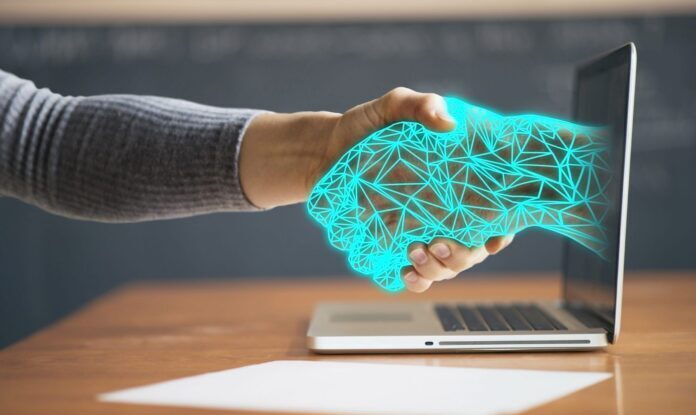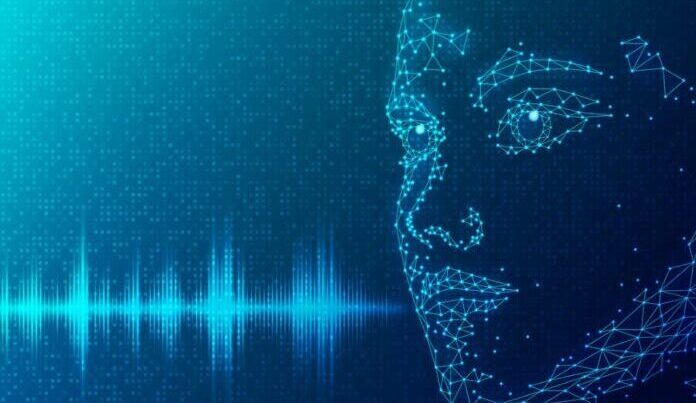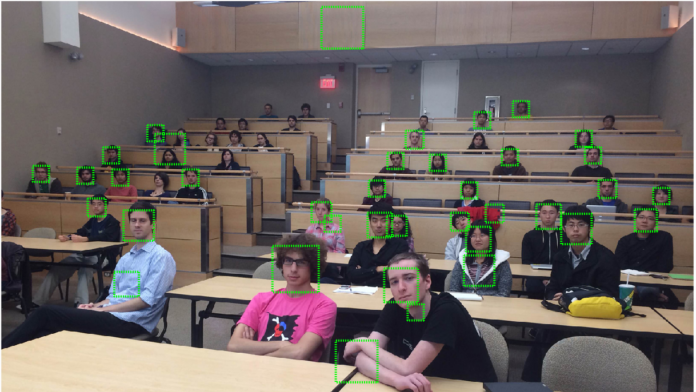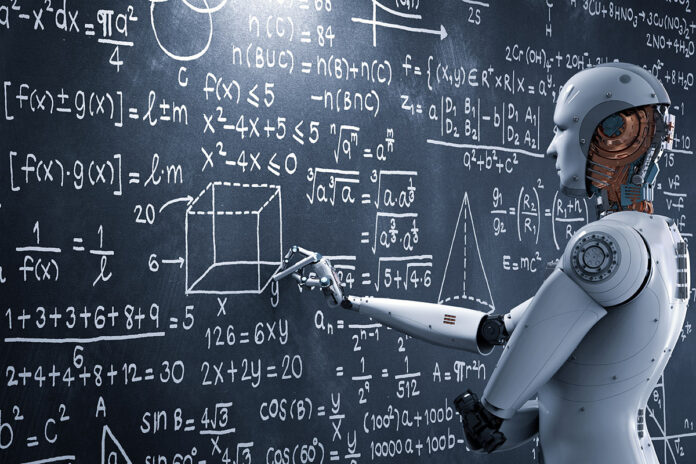Like many inventions that have graced the educational realm, AI has received its fair share of admonishment and endorsement. While students feel that AI helps overcome challenges experienced in academic research, many tutors view AI as a tool that promotes academic laziness.
Looking beyond the basic arguments, however, we can gauge the impact of AI on modern education systems and make our verdict based on our findings. Why would AI make a positive addition to your study regimen alongside study tools like https://thesisrush.com/?
Read on to find out how AI is reforming education and to discover ways through which you can exploit AI for maximum academic benefit.
Personalized Learning

Education enters a new era of individuality with AI-powered adaptive learning platforms. These cutting-edge tools assess students’ strengths and weaknesses, tailoring personalized learning paths that match their unique needs and pace.
By empowering teachers to customize lessons and assignments, students can now learn in ways that suit them best.
Moreover, struggling learners receive extra support through AI-driven tutoring systems, offering explanations and feedback to ensure no one gets left behind.
Smart Content Creation
AI revolutionizes content creation, bringing efficiency and customization to educational materials.
With the seamless generation of quizzes, exercises, and study guides by AI algorithms, teachers can focus on delivering engaging classroom activities and interactive lessons. The result? Tailor-made content that aligns perfectly with specific learning objectives.
Automated Grading and Feedback

No more tedious grading of multiple-choice questions! AI-based grading tools swoop in to automate the evaluation process, providing instant feedback to students on their assignments.
Timely feedback not only helps students identify areas for improvement but also encourages active learning and a deeper understanding of the subject matter.
Early Intervention and Student Support
AI-powered analytics allow educators to identify struggling students early on. By monitoring performance and behavior, AI enables prompt intervention, ensuring struggling learners receive the necessary support and resources to thrive academically.
Beyond regular classroom hours, AI chatbots and virtual assistants offer round-the-clock assistance, answering common student queries.
Smart Classrooms

Virtual simulations, augmented reality, and virtual reality experiences make learning an immersive adventure.
AI-powered voice assistants take on various roles, assisting teachers during lessons, handling administrative tasks, and fostering a seamless learning environment where technology enhances, not overwhelms the educational experience.
Data-Driven Decision Making
AI analytics process vast amounts of educational data, empowering administrators to make informed, data-driven decisions. Insights help identify trends, optimize resource allocation, and continuously improve curriculum design.
Predictive analytics enable schools to forecast student performance, allowing for early intervention and personalized support, all geared toward better learning outcomes.
Language Learning and Translation

Interactive language learning apps powered by AI guide students through exercises, evaluate pronunciation and offer personalized lesson plans.
Additionally, AI-powered translation tools bridge language barriers, ensuring educational content is accessible to students from diverse linguistic backgrounds.
AI in Special Education
Inclusivity lies at the heart of modern education, and AI plays a crucial role in supporting students with learning disabilities or special needs.
AI tools, designed for individualized learning plans, aid in language and speech development, fostering better communication skills and creating an inclusive and empowering learning environment.
Automated Attendance Tracking

Say goodbye to the tedious attendance-taking process. Facial recognition or biometric systems powered by AI step in to automate attendance tracking in classrooms, reducing the administrative burden on teachers and saving valuable time.
AI-Enhanced Content Curation
Fear not, the vast sea of educational content is now navigable with AI. It curates the best from reputable sources, ensuring students have access to up-to-date and reliable information for research projects and self-study, enriching their learning experience.
AI-Based Language Assessment

AI language assessment tools take language learning evaluation to new heights. Students can practice their speaking, writing, and listening skills with AI, which also provides personalized language learning recommendations, encouraging continuous improvement.
Emotional Intelligence Support
Beyond academic performance, emotional well-being matters in education. AI-driven tools analyze facial expressions and tone during online learning sessions, enabling teachers to detect students who may be struggling emotionally.
This insight allows educators to offer additional support and care, ensuring students’ holistic growth.
AI for Administrative Efficiencies
Administrative tasks become a breeze with AI-powered chatbots. These virtual assistants handle routine administrative duties like scheduling parent-teacher conferences, answering FAQs, and managing inquiries, freeing up administrative staff to focus on more critical tasks that require a human touch.
AI-Powered Proctoring
Online assessments gain an added layer of integrity with AI-powered proctoring systems. These tools monitor test-takers for potential cheating behaviors, ensuring the credibility and fairness of the examination process.
AI in Career Counseling

Decisions about one’s future can be daunting, but AI has the answer. Career counseling platforms powered by AI analyze students’ interests, strengths, and skills to suggest suitable career paths and educational opportunities, guiding them toward fulfilling careers.
AI for Curriculum Design and Improvement
Improving curriculum design is a constant endeavor, and AI analytics provide invaluable insights. By analyzing student performance data, educators identify areas that need improvement or adjustment, fostering continuous growth in the educational process.
AI-Powered Content Accessibility
Inclusivity in education is key, and AI plays a significant role in accessibility. AI tools automatically generate alt-text for images and provide closed captions for videos, ensuring that students with disabilities have equal access to educational content.
AI for Skill Development

Preparing students for the job market requires honing essential skills. AI-powered platforms offer skill development courses and certifications, equipping students with relevant abilities to thrive in their careers.
AI-Enhanced Student Collaboration
Group projects become more dynamic with AI’s matchmaking skills. By matching students based on complementary skills and learning styles, AI fosters effective teamwork, encouraging collaboration and collective success.
Final Take
Embracing AI-driven advancements, educators and institutions create a learning environment that empowers each student to reach their full potential, fostering a generation of lifelong learners ready to conquer the challenges of tomorrow.
As AI’s influence grows, the future of education becomes brighter and more inclusive than ever.




